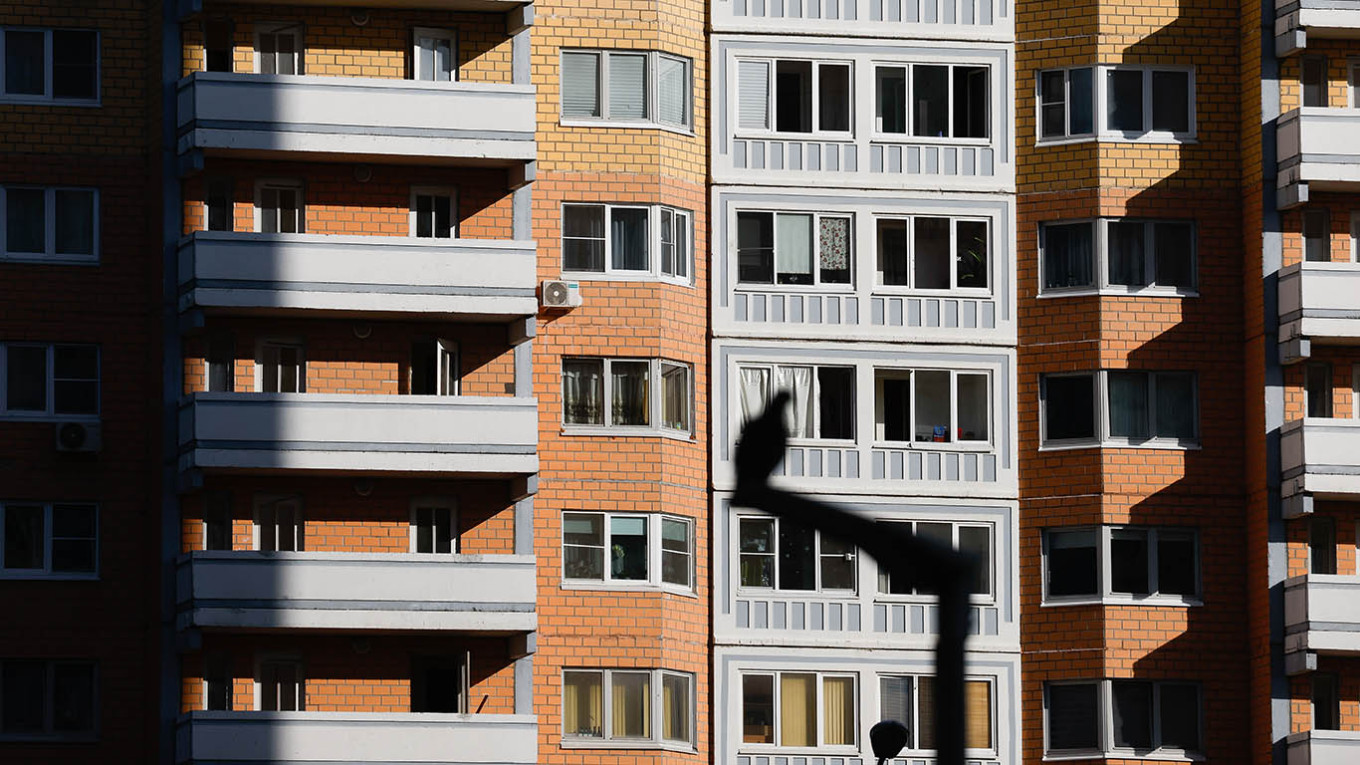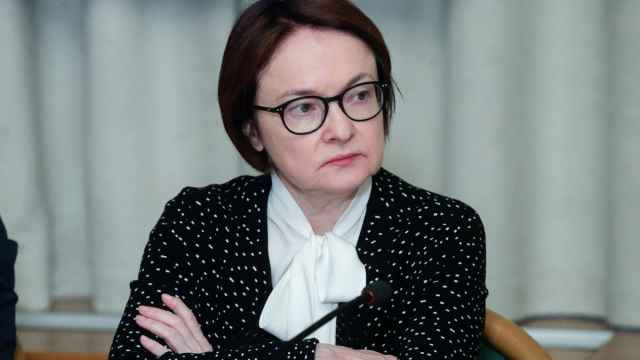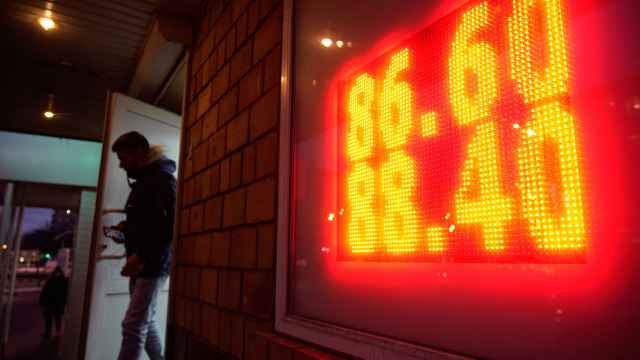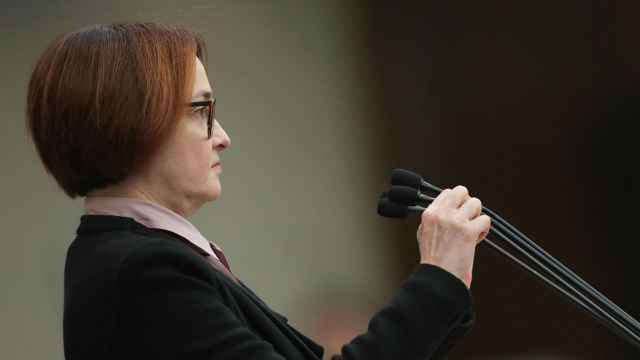Past-due mortgage and auto loan debt in Russia has nearly doubled over the past year, signaling growing financial distress among households despite official claims that real incomes are rising.
Delinquent housing loans reached 95 billion rubles ($1.2 billion) in the second quarter, a 97% increase from the same period last year, while overdue auto loans climbed 85% to 32 billion rubles ($402 million), according to data from the United Credit Bureau reported by the pro-Kremlin daily Izvestia.
The Central Bank confirmed the worsening trend, noting that loans more than 90 days overdue now account for 4% of all auto loans and 1.1% of mortgages.
Regulators attributed the rise to the “maturation” of debt issued during the credit boom of recent years, when banks loosened lending standards.
Between late 2023 and mid-2024, banks issued a surge of mortgages to riskier borrowers and aggressively expanded auto financing, which has since eroded the quality of their loan portfolios.
By the end of May, nonperforming loans in the retail sector made up 5.7% of bank portfolios, or 2.1 trillion rubles ($26.4 billion) in total, the Central Bank said.
While analysts at Garda Capital described the figure as not yet critical, major lenders including Promsvyazbank and Sovcombank have reported deterioration in credit quality.
Sovcombank said that high levels of overdue debt fueled by a prolonged period of elevated interest rates had cut into its profits.
“The quality of debt servicing in the banking market has sharply worsened,” said Mikhail Aleksin, CEO of the United Credit Bureau. “Credit risk accumulated throughout 2024.”
Industry experts say the spike in overdue loans reflects a decline in household purchasing power.
The National Association of Professional Collection Agencies noted that mortgage and auto borrowers typically plan for long-term repayment, meaning defaults in these categories suggest “serious difficulties or a deterioration in financial well-being.”
Economist Andrei Barkhota said Russian consumers are devoting a larger share of their income to everyday expenses, leaving less money to service debt.
Borrowing costs remain steep even after the Central Bank cut its key interest rate by two percentage points to 18% in July.
Real interest rates on consumer loans can exceed 30%, said Vladimir Chernov, an analyst at Freedom Finance Global.
The resulting monthly payments, he warned, are creating a “vicious cycle” of missed payments and rising delinquencies.
Barkhota predicted that the peak of the problem will come between October 2025 and March 2026, with delinquent debt potentially doubling again.
Chernov agreed, though he noted that even under such a scenario, mortgage delinquency rates would likely remain below a “critical” 5% threshold. Still, he said, the trend could put significant strain on the banking sector.
In early July, the Central Bank reported that overdue consumer debt rose by 63.5 billion rubles ($798 million) in May alone, surpassing 1.5 trillion rubles ($18.9 billion) for the first time.
The total volume of overdue loans has jumped nearly 20% since January.
A Message from The Moscow Times:
Dear readers,
We are facing unprecedented challenges. Russia's Prosecutor General's Office has designated The Moscow Times as an "undesirable" organization, criminalizing our work and putting our staff at risk of prosecution. This follows our earlier unjust labeling as a "foreign agent."
These actions are direct attempts to silence independent journalism in Russia. The authorities claim our work "discredits the decisions of the Russian leadership." We see things differently: we strive to provide accurate, unbiased reporting on Russia.
We, the journalists of The Moscow Times, refuse to be silenced. But to continue our work, we need your help.
Your support, no matter how small, makes a world of difference. If you can, please support us monthly starting from just $2. It's quick to set up, and every contribution makes a significant impact.
By supporting The Moscow Times, you're defending open, independent journalism in the face of repression. Thank you for standing with us.
Remind me later.






